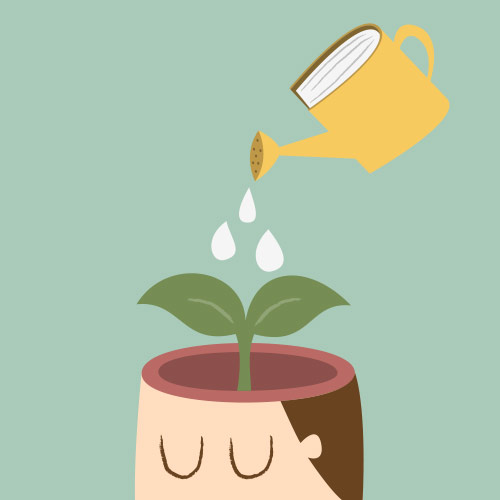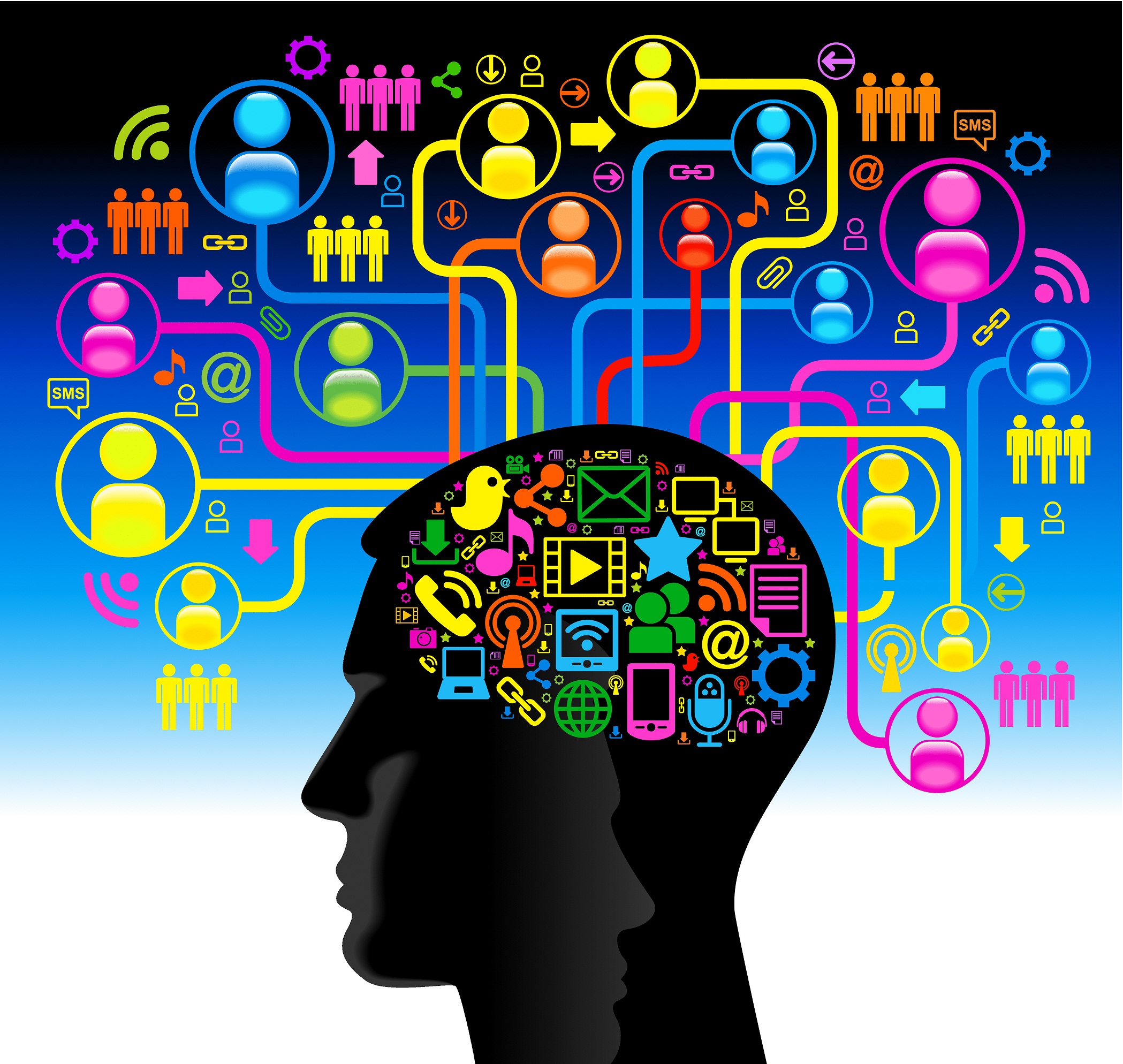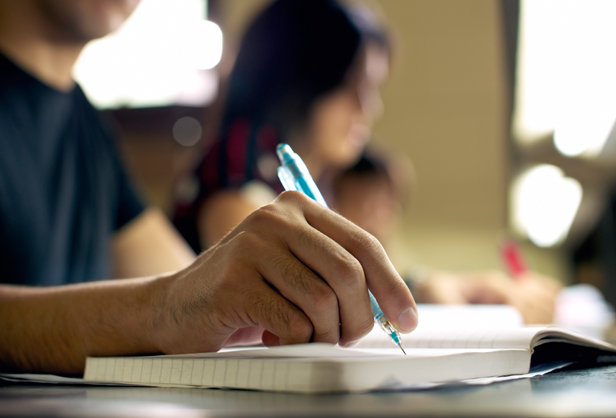How much do you remember of your education? If you’re struggling to pull up that list of essential historic dates or Spanish shopping vocabulary you learned, you might not be alone. With so many other things taking up your time and attention, actually making the most of what you have learned or are trying to learn can take a back seat in the scheme of things. When it comes to accelerated learning, however, there might be a way of adapting to meet your needs, even if that means dedicating just a few minute per day. Getting the most out of your education is not about hours sitting behind a pile of books, it’s all about how you approach your time learning. Quality trumps quantity, every time.
- Make Your Learning An Interest
You can bring to mind something a whole lot more easily if it interests you. If your brain is actively invested in a task, it is much more likely that you will be able to bring to mind the names and dates of essential information. The trouble is, you can’t always be interested in what you’re learning, so how can you go about changing things? There might be no hard and fast method, but it’s all about changing your approach to the task at hand. If you can learn to find something of interest in the information presented to you, you stand a much better chance of retaining it at a later date. Try not to assume you don’t like something before you’ve really given it a chance.
- Use Your Visual Memory
Sitting down and reading facts off sheets of paper is a guaranteed way to send your brain to sleep. Want to make the most out of your learning? Step away from the desk. Using your visual memory as part of your learning process can boost your brain’s ability to retain information and make recalling facts a whole lot more easy. You can even try creating a visual map or story in your mind when you’re trying to remember lists of facts. Bringing to mind a face or an object might come a whole lot more naturally than trying to remember lists of words.
- Make Associations Between What You Know
If you’re studying for a specific project or cramming for an exam, then the chances are that you will be pulling up information that is related to other things. Understanding what you’re trying to learn as part of a bigger project can make getting to grips with the entire set of information a great deal more easy. Facts and figures don’t exist on their own; understand what they represent and you might just find yourself remembering it a whole lot more easily.
- Summarize Everything You Know
Cramming facts into your brain and hoping that it will be enough is not going to work in the long run. If you really want to get to grips with new information, you need to refresh the links that you have already built up on a regular basis. After you’ve finished each study session, try writing a brief paragraph on what you’ve already learned and any new facts that you have taken in. Doing this after each study session can help you to go back over any issues you might have and learn more effectively in the future.
- Refresh, Refresh, Refresh
You can never know something well enough and even if you feel like you know a topic well, it’s a great idea to go over the facts from time to time. Regularly reinforcing your memories of a subject is a great way to keep your facts straight and will help you to feel more at ease when you’re putting what you already know into action. The more you reinforce the facts, the more easily that they will stick!








